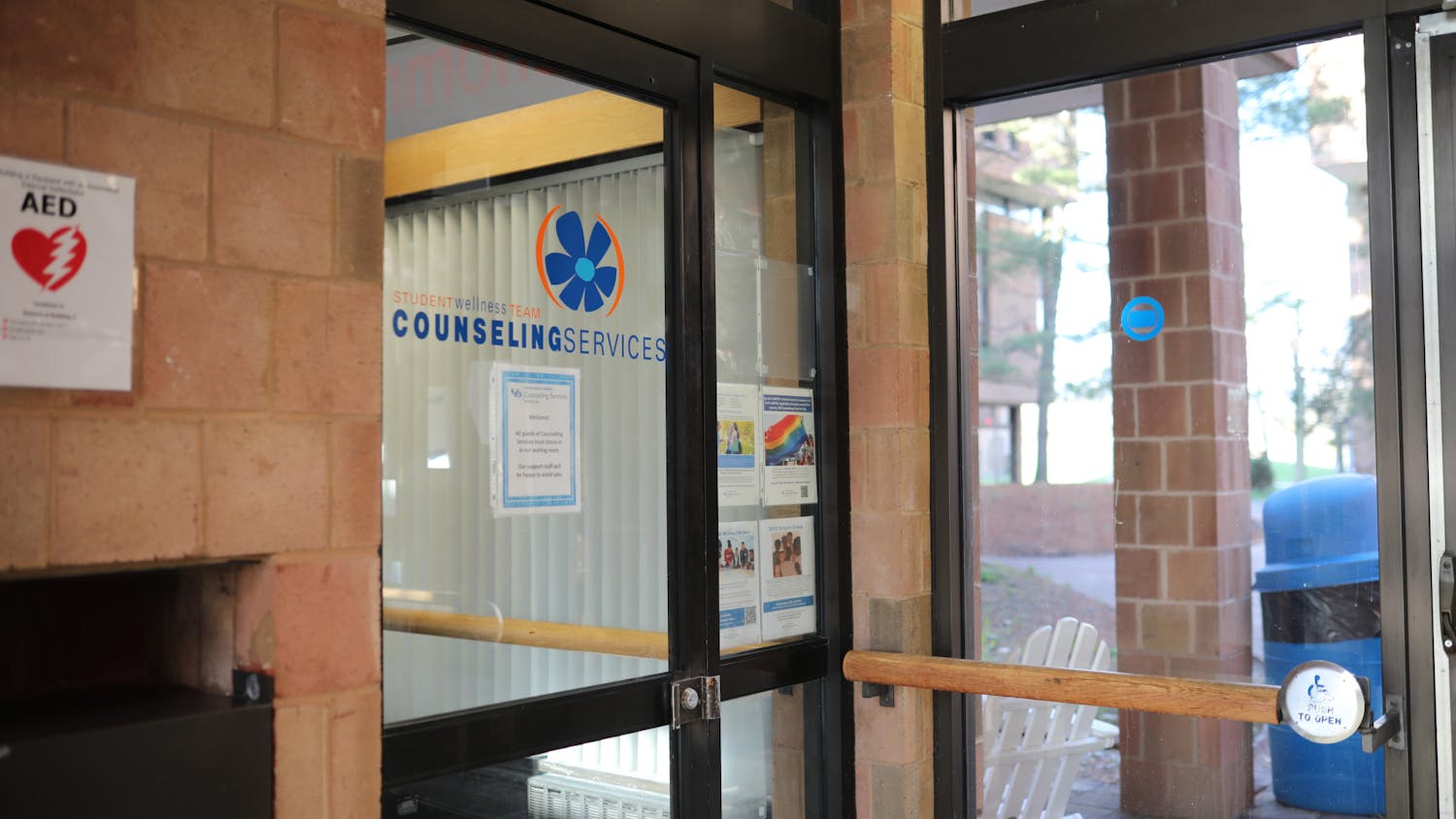The final day to resign from classes was Friday, Nov. 7 and with just four weeks left in the semester, exams, papers and projects are looming on the horizon.
Maybe you’re feeling like Christy Ye, a junior nursing major and plan to “cry and pray for the best” as you get ready for the final stretch.
Or, you might have developed your own study acronym like Deepak Rai, a sophomore mechanical engineering major. He’s going to “find help by reading important topics to prepare (FHRITP).”
“I am the type who ends up cramming my studies ‘til the night before, even though I try convincing myself to avoid doing that at all costs,” Rai said.
He’s hoping he won’t do that at the end of this semester, but he said he might anyway.
Sarah Verheyn, a freshman intended psychology major, plans to study hard and double check her work. She said those are two of the simpler ways to make sure you get the highest grade possible.
Verheyn is feeling some stress because as a freshman, she doesn’t feel like she was prepared for the rigor of college courses. She didn’t do as well as she hoped at the beginning of the semester.
Here are some tips and tricks from professionals on campus about how to be successful as the semester winds down.
Reach out to professors and tutors
Office hours exist for the benefit of the student, so use them. Even if you aren’t sure exactly what you’re struggling with, meet with your professor or TA and talk through your worries.
You should stop by your professor’s office if you’re starting a paper and aren’t exactly sure where to go with it. They can help you articulate your ideas more clearly and give suggestions for new ideas to explore.
In addition to your professors, UB offers a wide range of tutoring options for students. Stop by the Academic Success Centers and Tutoring, the Mathematics Department Help Center or the Center for Excellence in Writing for some extra help.
“It’s not too late to seek tutoring,” said Sheila Pinckney, assistant director for Residential Education.
Get enough sleep
“A rested mind is a sharp mind,” said Kelli Hennessy, director of Organizational Development and Training. “With plenty of sleep, you can get things done faster and with better results.”
Pinckney agrees. She advises students to take care of themselves.
Rather than staying up all night cramming, set time for yourself over the course of a few days to study. Do your best to get the full eight hours of sleep each night to keep your brain in tip-top shape.
Eat healthy meals regularly
Part of taking care of yourself, Pinckney said, is eating regular meals. When students start cramming their studying, it is even more important to maintain their health.
Like sleep, eating healthy foods and regular intervals will keep you energized and your mind sharp throughout the day. Eat lots of fruits and vegetables, whole grains and avoid fast food. Sacrificing health for convenience will not pay off the day of an exam.
Try new study strategies
If you didn’t do too well on your first exams and papers, then maybe your strategies weren’t right for you.
Pinckney said if you normally study alone, then try getting together with a group of students in your class. They may be able to offer some insight on information, or you can help clarify things they’re unsure of.
Or, she said, “re-write notes rather than just reading through notes” because the act of writing can help with memory and recall. You might get distracted while reading over notes, but if you physically write them, some part of you is paying attention to the words.
“Recite [notes] out loud,” Pinckney said. “Hearing in a different format might be helpful.”
Study when it works best for you
Hennessy and Pinckney both suggest students should study without distractions like Facebook, Netflix or texts from friends.
“Schedule dedicated study time,” Hennessy said. “Turn off your phone and don’t surf the web or social media sites unless it’s related to your studying.”
Pinckney said to study in smaller increments of time and be sure to step outside of your study area every once in awhile. If it’s nice out, go for a walk – the fresh air will re-energize your mind. When the weather isn’t so beautiful, even a jog around your dorm or a walk to grab some food will give you time to chill out.
Some silent time with yourself may spark new ideas about the subject for when you get back to studying.
It’s important to figure out when you work best. If you’re a morning person, get up extra early to get some studying in. If you’re a night owl, do your work then.
“Use your most productive time of the day to tackle the toughest assignments,” Hennessy said. “If you tend to have the most energy and sharpest mind in the evening, do your assignments then and it will take less energy.”
By setting a schedule, you won’t get burned out from cramming everything into one night filled with caffeine and junk food, Pinckney said.
Hennessy said to keep work with you at all times so if you have to wait for the Stampede or a class to start, you can squeeze in a few minutes of review. It will make you feel more productive and keep your mind on task throughout the day.
Studying for exams, writing papers and completing projects at the end of the semester will come up really quick. Make sure to set a schedule for yourself and stay organized. If you eat healthy, get sleep and try some new study strategies, you have a good chance at succeeding. Although these are all basic tips, they can make a big impact on your GPA.
Best of luck.
email: features@ubspectrum.com





